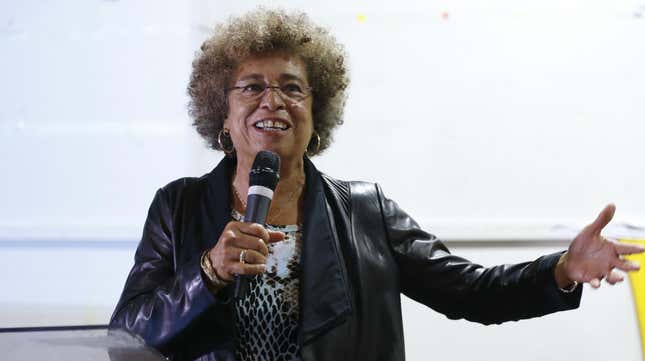Angela Davis on Racial Reckoning: 'Diversity and Inclusion Without Radical Change Accomplishes Nothing'
CelebritiesNews

For any fashion or culture magazine, the September issue is most important, anchoring their fall and winter coverage. This chaotic year, Vanity Fair has used the opportunity much more wisely than their contemporaries. The Great Fire, a special issue of the mag, which was guest-edited by Ta-Nehisi Coates, explores our current moment. Coates wrote the cover story, an interview with Breonna Taylor’s mother, and ideated the construction of the rest, including a Q&A between director Ava DuVernay and political activist Angela Davis about Black Lives Matter, criticisms of the carceral system, and the protests that followed the murder of George Floyd, a movement DuVernay labels “a racial reckoning.” The conversation is short, dense, interdisciplinary, and thought-provoking, like any conversation with Davis tends to be—establishing that now is a time where many Americans are finally confronting the fact that “the history of the United States of America is a history of racism,” as Davis explains.
-

-

-

-

-

-

-

-

-

-

-

-

-

-

-

-

-

-

-

-

-

-

-

-

-

-

-

-

-

-

-

-

-

-

-

-

-

-

-

-








































